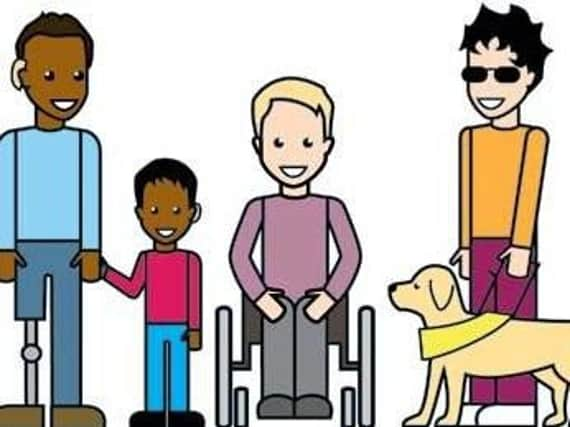Only 45 per cent of PIP claims succeed in Wigan


Data released by the Department for Work and Pensions reveals that only 45 per cent of new PIP applications in the borough were successful between April 2013 and January 2019.
Other news: Wigan Warriors player charged with drink-drivingThe figure, which is slightly higher than the national average of 43, refers to payments which have been awarded from new claims - including those which have since been withdrawn.
Advertisement
Hide AdAdvertisement
Hide AdThe reassessment rate however is much higher, with 73 per cent of borough folk who bother to re-apply being successful.
A DWP spokesperson said: “Our priority has always been to ensure disabled people get the support they are entitled to.
“PIP is designed to focus support on people with the greatest needs and that’s happening, with 31 per cent of people getting the highest level of support, compared to 15 per cent under Disability Living Allowance (DLA).
“We encourage everyone to check the eligibility criteria before applying.”
Advertisement
Hide AdAdvertisement
Hide AdA DWP report has revealed that the highest number of new claims received by the authority and the highest number awarded, are for “psychiatric disorders” which can include anxiety, depression and mixed mental illnesses.
Musculoskeletal diseases also make up a large number of new claims which have been awarded, with neurological disorders and respiratory diseases representing a smaller proportion of cases.
According to the authority, the purpose of PIP is to help the “most severely disabled people” with the costs of their daily living and mobility needs.
To be eligible for PIP, applicants must be aged between 16 and 64 years old, have a long-term disability or health condition and need help or support with daily living, mobility or both.
Advertisement
Hide AdAdvertisement
Hide AdAnyone applying for a new claim must have needed help or support for at least three months and will be expected to need help for at least another nine months in the future.
The DWP guidelines say: “Whether or not you are eligible for PIP depends on how your health condition affects you (not on what your condition is).
“So your eligibility does not rely on a diagnosis of epilepsy, but on how your epilepsy affects your daily living and mobility.
“This includes how it affects you physically, and any effects it has on your thinking, understanding and being able to cope with daily life. It includes any help you need, whether or not you currently get that help.”
PIP started to replace DLA from April 2013, and DLA will be stopping for people aged 16 to 64 in the future.
It is not means tested and can be claimed by those who are employed or unemployed.